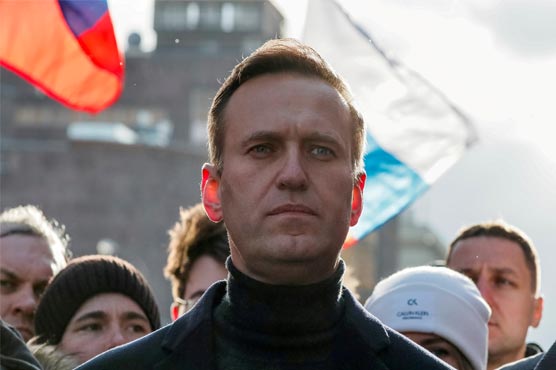Experts say Russia targeting Navalny's anti-Kremlin app with new hardware

Experts say Russia targeting Navalny's anti-Kremlin app with new hardware
MOSCOW (Reuters) – Russia uses new digital hardware to target online apps that imprisoned a team of Kremlin critics Alexei Navalny created to undermine the Kremlin in next month’s parliamentary elections Cyber experts said.
Navalny and his allies want to use the app and its website to organize a strategic voting campaign with votes from September 17-19 to hit the United Russia Party, which controls the political situation. ..
The “Smart Voting” campaign requires followers to register and assign candidates who are most likely to beat the party in the constituency.
It’s one of Navalny’s few remaining levers, after crackdowns banned his move as a radical this summer. After that, some of his websites were blocked.
Communication watchdog Roskomnadzor has instructed Google and Apple to remove the app from the store. Neither has done that so far, and the app is trending in the Russian online segment.
Late Monday, Navalny’s allies accused Russian authorities of working to thwart it. The efforts they said have intensified since Friday, meaning that the app isn’t loading some users’ content.
“We’ve fixed a few things, but the app’s accessibility is now about 70%,” his companion said in a Telegram messenger.
GlobalCheck, a group that uses sensors to monitor the accessibility of websites in Russia and its regions, is called Deep Packet Inspection, which allows Russia to analyze Internet traffic to identify and block data flows for specific services. They said they are confusing the app with devices that use technology.
Russia’s Communications Watchdog ordered all Internet providers, including mobile operators, to install the device in 2019 after Russia passed a law known as the “Sovereign Internet” law.
The law is one of a series of moves by authorities to tighten Internet regulation, raising concerns among Internet liberties that Russia is working towards a stricter Chinese vision of Internet regulation. I did.

